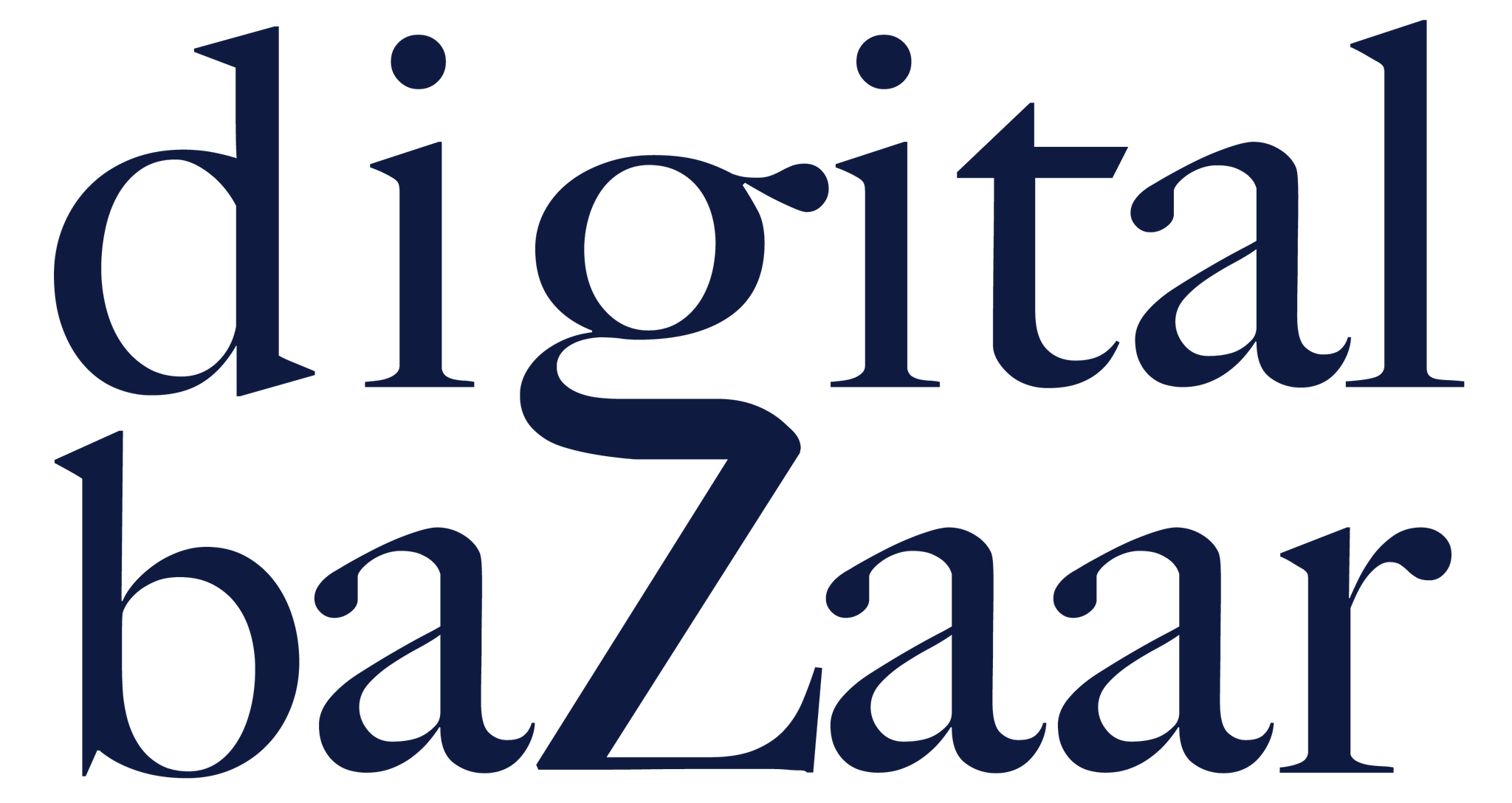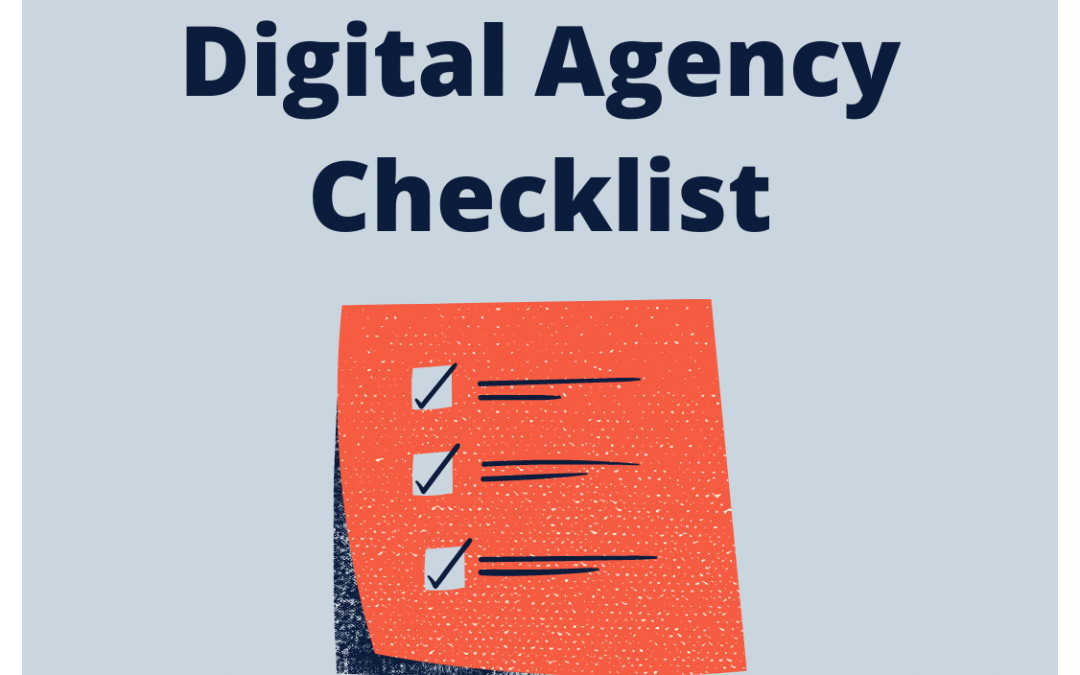When looking at working with a Digital Marketing Agency there are often many things to consider. A brief google search will show you lot of checklists of the sorts of things you should look for, often created by marketing agencies purely to get you to sign up with them. They will frequently mention things like the amount of business the agency has, or the large companies that they work with. This is all well and good, but what about the smaller agencies, or the ones that are reasonably new? There is also the situation that if an agency has a lot of high-profile clients, there is a good chance that its costs will reflect its status in this market.
The Checklists
Having written all of that, it may now seem ironic that a Digital Marketing Agency is now writing checklists to watch for when looking for representation within the digital arena. However, this is not about trying to sell us as an agency to you, but to provide you with information to be able to make a balanced choice, either now, or in the future.
So here is a list, and explanation, of what we think should be the top 5 items to consider when talking to a digital agency:
Transparency
Within Digital Marketing there has to be a lot of trust between the client and the agency. The client often turns to an agency simply because they don’t have the time, or expertise, to manage their own marketing. This means that they are trusting the agency to do the best job for them. Transparency therefore is key. If your agency is not willing to explain and show you what they are doing, why they are doing it, and allow you to independently verify what they say, then they are likely to be hiding something. An agency that goes out of its way to show what it does, and explain it to a customer, is also going to go out of its way to do the best for the customer no matter whether that customer is a large or small client.
Communication
Following the need for transparency, is then the need for communication. This isn’t a three-minute phone call to a client once a month just to “tick off checklists” and show communication. It should be a regular scheduled contact, agreed with the client, but also with the option of talking to clients at other times outside of that schedule as required. This communication should be updating the client about their account, but also eliciting further information from the client to identify any changes in requirements and adapt any strategies accordingly. Regular communication builds trust and helps with the transparency of the agency.
Understanding
For an agency to do the best job for its clients, it must take the time to understand its clients. By taking the time to build a relationship with a client, to understand the challenges and pressures of a client, the agency is better equipped to create a strategy that will work for that client. Each client is different and any agency that uses the same strategy across all clients is guaranteed to fail for many them. Building the relationship and understanding the business lets the client voice their concerns and challenges so that they feel they are part of the strategy, and that it isn’t something that has just been done to them.
Education
An agency should be willing to openly educate its clients about what it is doing, the intricacies of the processes and to be open to answering questions. This again builds trust between the client and the agency, and the client feels they are part of the journey. It shows the knowledge of the agency, and the education must be imparted in a way that the client can understand without being patronizing or using jargon. The client should always have an understanding as to what is being done, what the implications are, and should be educated in the process enough that they can ask questions and challenge the agency if they feel something should be done differently. Open and honest two way communication helps the client and ensures that the agency is always responsible for the actions it takes.
Knowledge
An agency needs to prove to its clients that it takes the time to learn no just about what is happening in the digital marketing landscape, but also within the client specific landscape. This does not mean that the agency must be a specialist in understanding the intricacies of every aspect of a client’s business, but they should show that they at least have a basic knowledge. Without this basic knowledge how can an agency identify what is best for the client in comparison to their competitors. To gain the knowledge the agency needs to be willing to research and take time to understand client needs.
Conclusion checklists
What you may have noticed around all these 5 points, is that not one of them is looking at pat records, number of clients, financial turnover or similar. All of these points is built on the premise of building a relationship with a client. This is the single most important thing when looking for an agency, and this is frequently overlooked by the larger agencies who shout about their prestige. Checklists often cover the business side without focusing on the client and relationship side. Every client should feel special no matter their size, or the size of the contract they have with the agency. Company ethos, personality and genuine empathy with clients will always build a better relationship and better results than a purely numbers-based business interaction.









Recent Comments